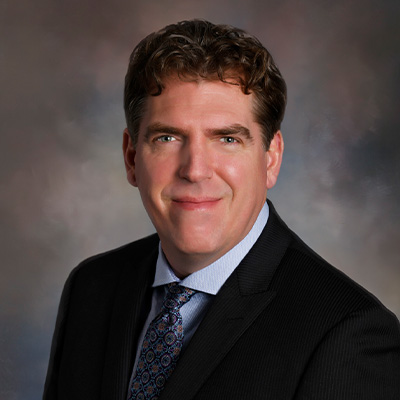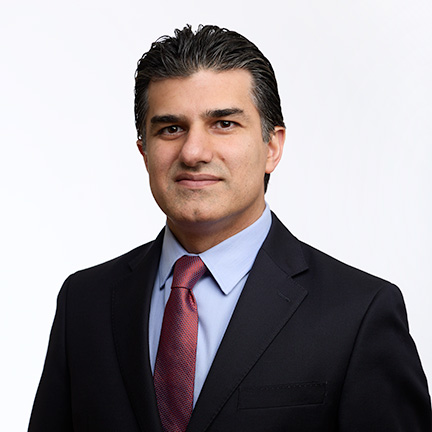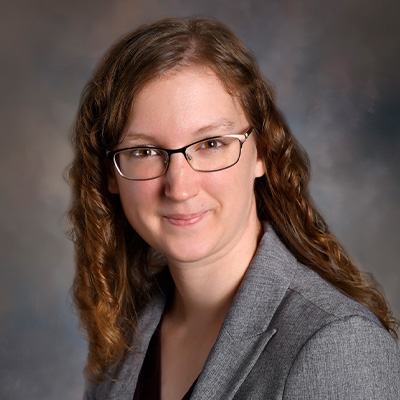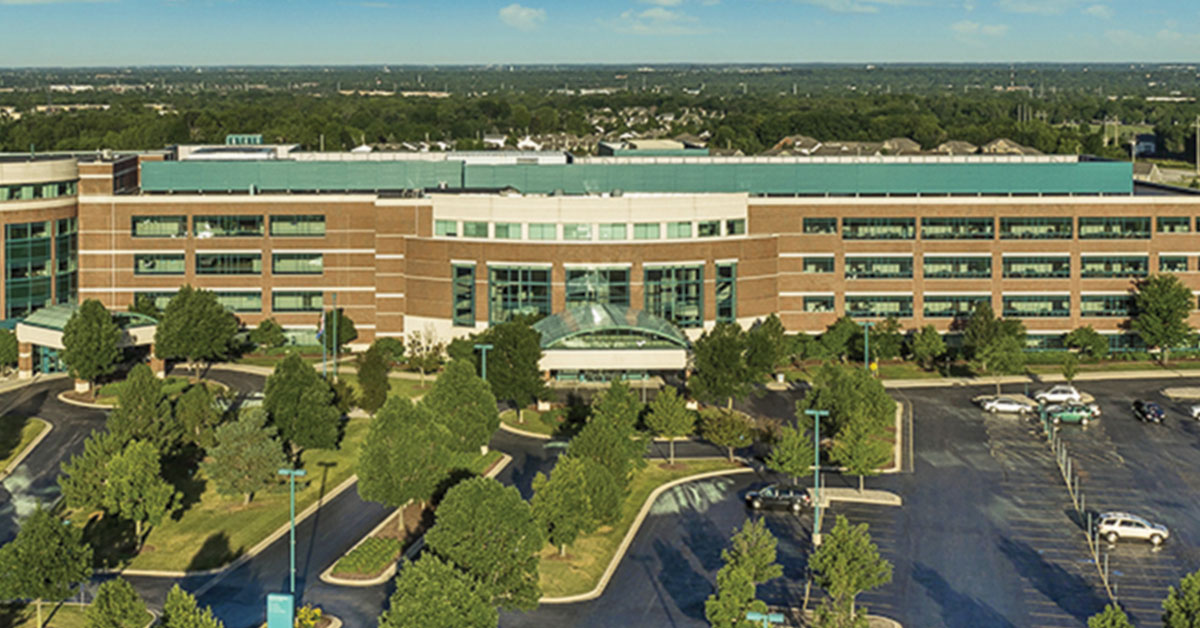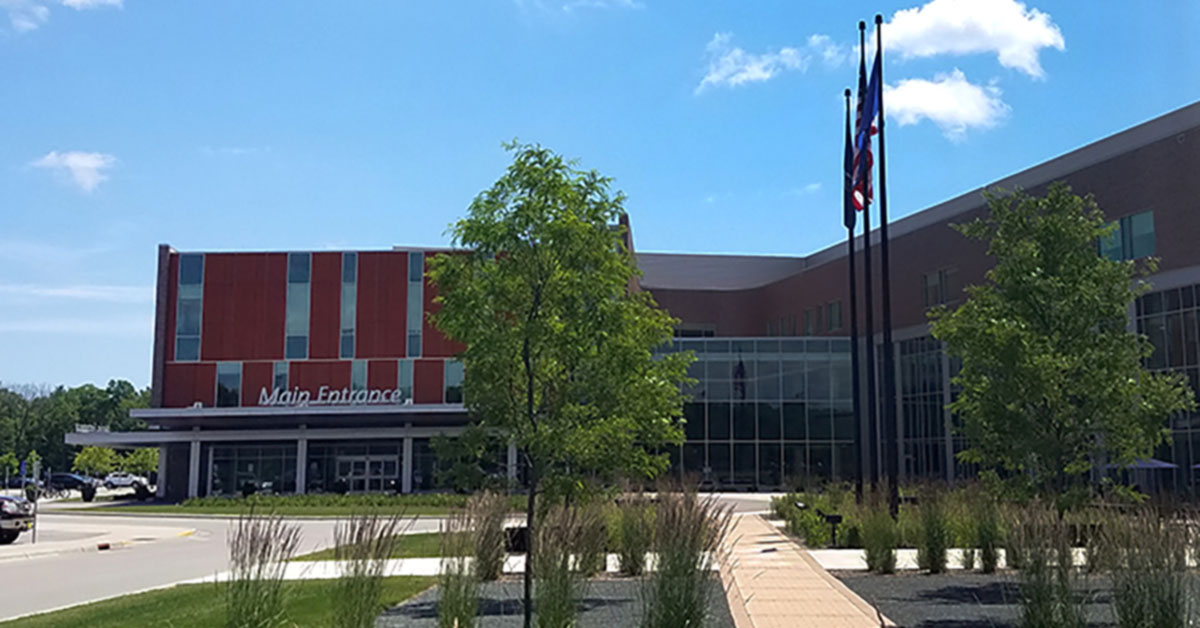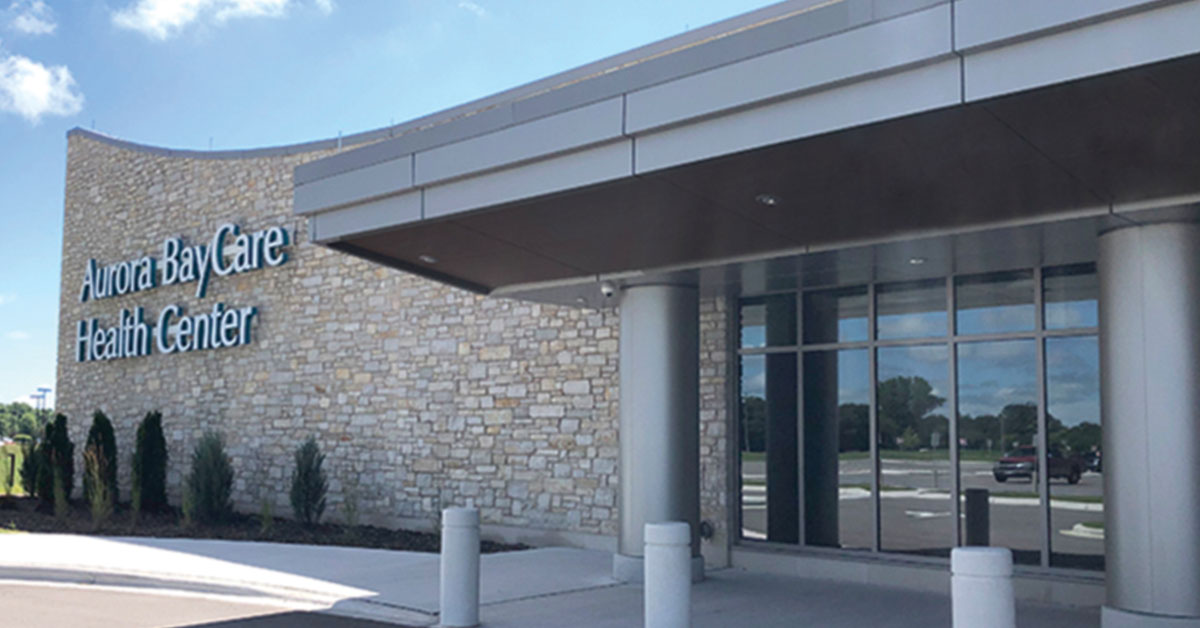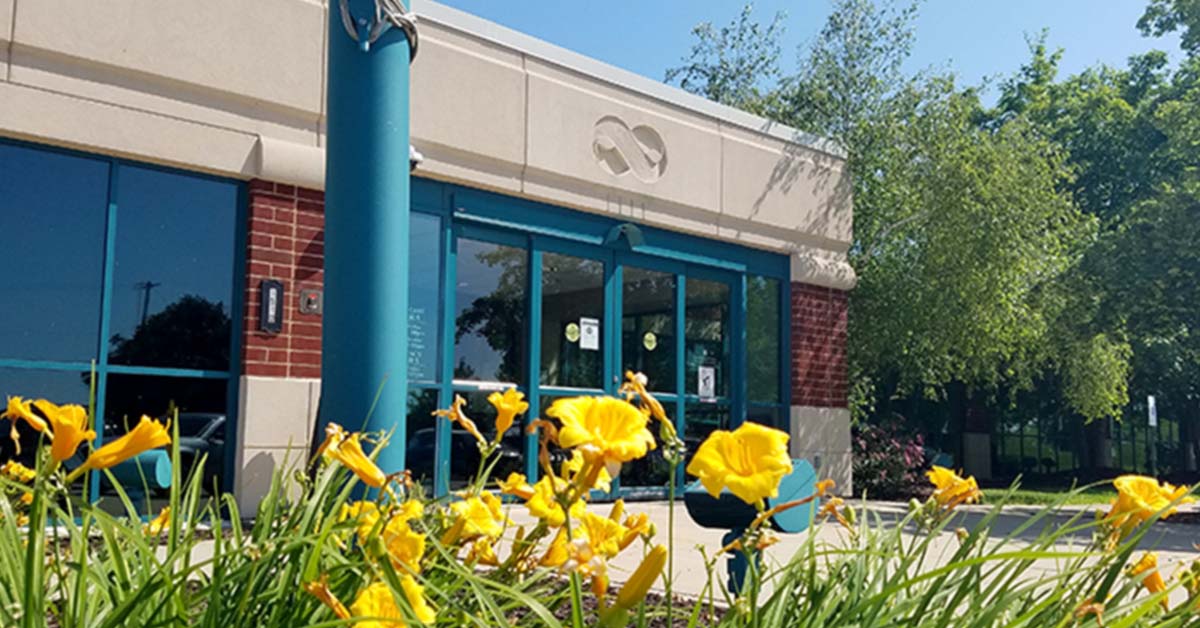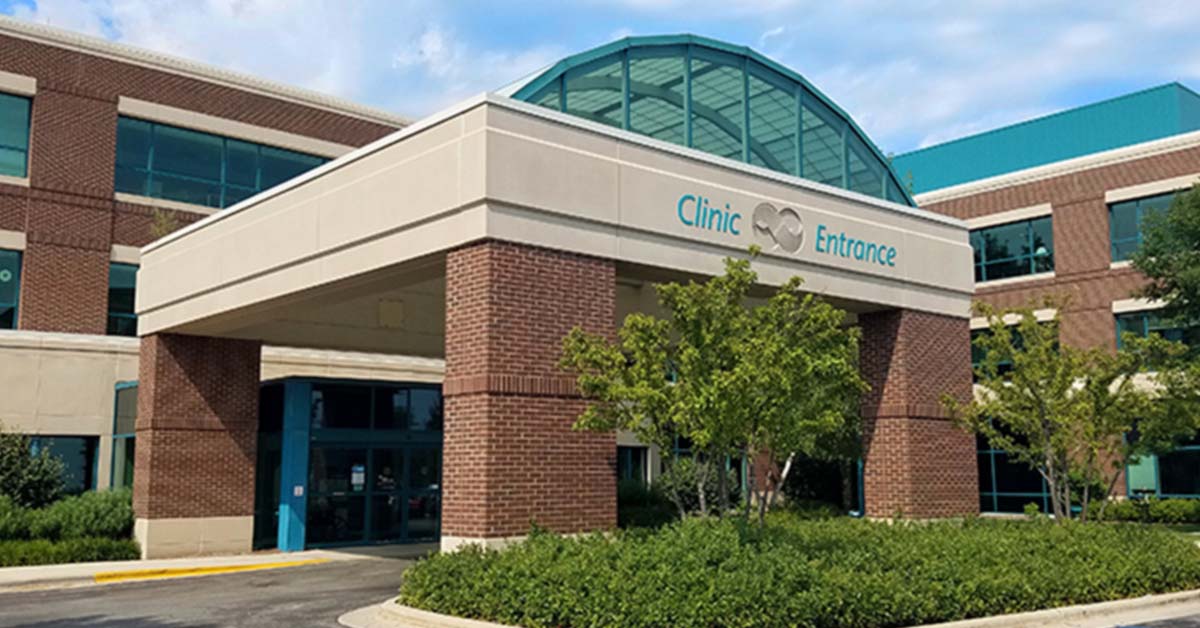Structural Cardiology
Auora BayCare Cardiologists offer a comprehensive, patient-centered approach to diagnosing and treating structural heart diseases.
At Aurora BayCare, we provide a comprehensive and patient-centered approach to managing structural heart diseases. Our team comprises a multidisciplinary group of skilled cardiologists, interventional cardiologist, and cardiothoracic surgeons who work together to offer the most effective, cutting-edge treatment options.
Our structural heart and valve specialists are highly trained and dedicated to excellence. We use the latest research and innovative technologies to treat heart and valve diseases. We’ve helped thousands of people on their journey to improved heart health, and we can help you too.
Understanding that every heart is unique, we ensure our treatments are tailored to your specific needs. We are dedicated to improving your quality of life.
Understanding Structural Heart Conditions
Heart and valve structural anomalies can either be congenital, present since birth, or develop as one ages. Certain individuals are born with heart defects such as holes or misshapen valves. Such structural irregularities can impede the heart's functionality, leading to various health complications.
Malfunctioning heart valves restrict the heart's ability to pump sufficient blood to the rest of the body. There are instances where the valves might not open adequately, inhibiting blood flow through the heart. Alternatively, they may not close correctly, resulting in blood leakage or reverse flow.
Some structural heart diseases originate from congenital defects, while others manifest later in life due to genetic predispositions or lifestyle habits. The likelihood of experiencing complications from heart disease or heart failure may increase if you:
- Smoke
- Suffer from high cholesterol
- Lead a physically inactive lifestyle
- Are overweight
- Have diabetes
- Engage in excessive alcohol consumption
- Maintain an unhealthy diet
- Suffer from unmanaged stress, anger, or depression
- Have a familial history of heart disease
- Belong to African American, American Indian, or Mexican American ethnic groups
Our Expertise in Structural Heart Conditions
We specialize in minimally invasive procedures like transcatheter aortic valve replacement (TAVR), as well as state-of-the-art hybrid surgeries. We are driven by a commitment to treating complex heart conditions while prioritizing your comfort and safety.
We treat all structural heart and valve conditions, including:
Aortic Stenosis (AS) is a condition where the aortic valve in the heart doesn't open fully, making it harder for the heart to pump blood to the rest of the body.
Atrial Fibrillation (AFib) is an irregular, often rapid heart rate that can increase the risk of strokes, heart failure and other cardiac issues.
Atrial Septal Defect (ASD) is a birth defect where there's a hole in the wall separating the upper two chambers of the heart, allowing blood to leak between them.
Mitral Valve Regurgitation (MR) happens when the heart's mitral valve doesn't close tightly, allowing blood to flow backward in the heart.
Patent Foremen Ovale (PFO) refers to a flap in the heart that didn't close the way it should after birth, often causing no noticeable symptoms.
Treatment Options for Structural Heart Conditions
Transcatheter Aortic Valve Replacement (TAVR) is a less invasive alternative to open heart surgery. To treat aortic stenosis, the procedure uses a catheter to implant a new valve within the diseased aortic valve while the heart is still beating.
Left Atrial Appendage Occlusion (LAAO) with either WATCHMAN or AMULET devices offer alternatives to the lifelong use of blood-thinning medications for people with atrial fibrillation – effectively reducing the risk of stroke and eliminating the regular blood tests and food and drink restrictions that come along with long-term blood thinner use. It does this by occluding the part of the heart, the left atrial appendage, where most of the clots are formed.
Cardiac Catheterization uses a thin, flexible tube to insert a small device to close the hole caused by atrial septal defect.
MitraClip is a small device clipped onto the center of your mitral valve while your heart is still beating. The valve continues to open and close on either side of the clip, allowing blood to flow through as it’s supposed to.
Septal Defect Transcatheter Repair involves inserting a device through a catheter to plug up the patent foremen ovale.
